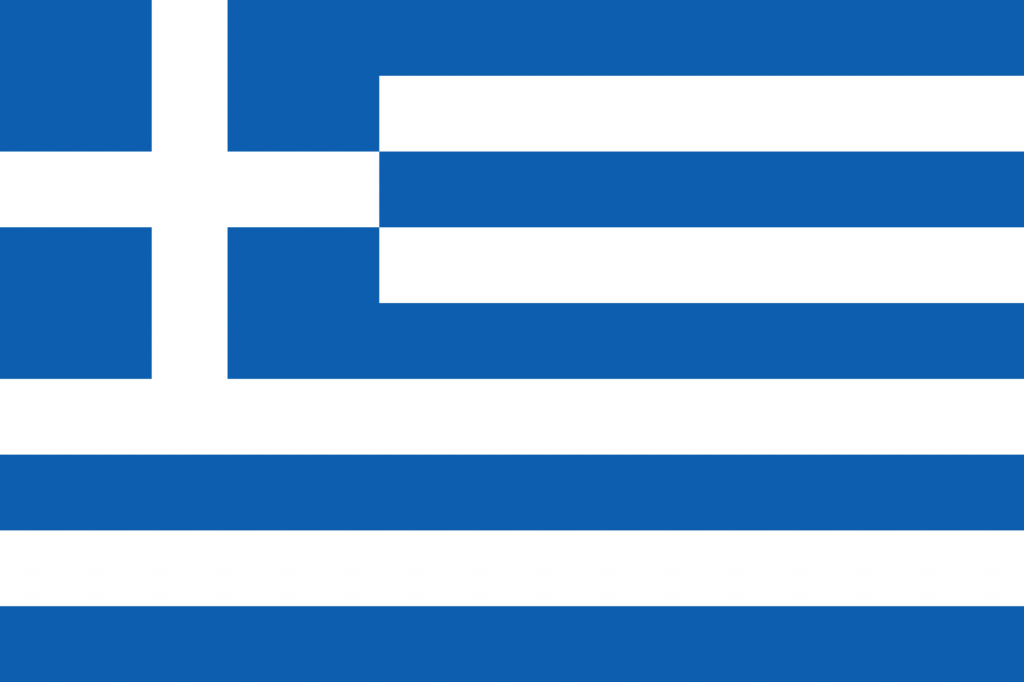Hours before anti-austerity demonstrators flooded the streets of central Athens on Friday, a number of retired Greek military officers publicly called for a “yes” vote…
During my desultory post-graduation years in San Francisco, I lived in a big duplex with three roommates. We had bands, fledging writing gigs and other…

On Sunday evening the governor of Puerto Rico, Alejandro García Padilla of the Popular Democratic Party, announced that the US commonwealth would need to restructure…

The weekend of June 27-28 marks the likely last comprehensive negotiating session between the Troika and the Greek government before the current extension of the…

Dr. Jack Rasmus provides an update on Greek debt negotiations since last week’s Alternative Visions show and discussion on the origins of the Greek debt.…

Despite the grievous state of the Ukrainian economy, the IMF said it will continue to lend money to Ukraine, so Kiev can complete economic restructuring.…
The Saker: We hear that the Ukraine will have to declare a default, but that it will probably be a “technical” default as opposed to…

It couldn’t be a sunnier, more beautiful day to exit your lives -- or enter them -- depending on how you care to look at…

"Framing private educational lending as a consumer protection issue makes it seem as if the root cause of the student debt problem is the predatory…
Did you know that there is more than $28,000 of debt for every man, woman and child on the entire planet? And since close to…

The United States war mongering, supported by Israel, are responsible for all these displacements of peoples; you can take that to the Bank. Please! why…

This past week, April 24, European finance ministers met in Riga, Latvia. High on the agenda was the topic of Greek debt negotiations. Two months…

